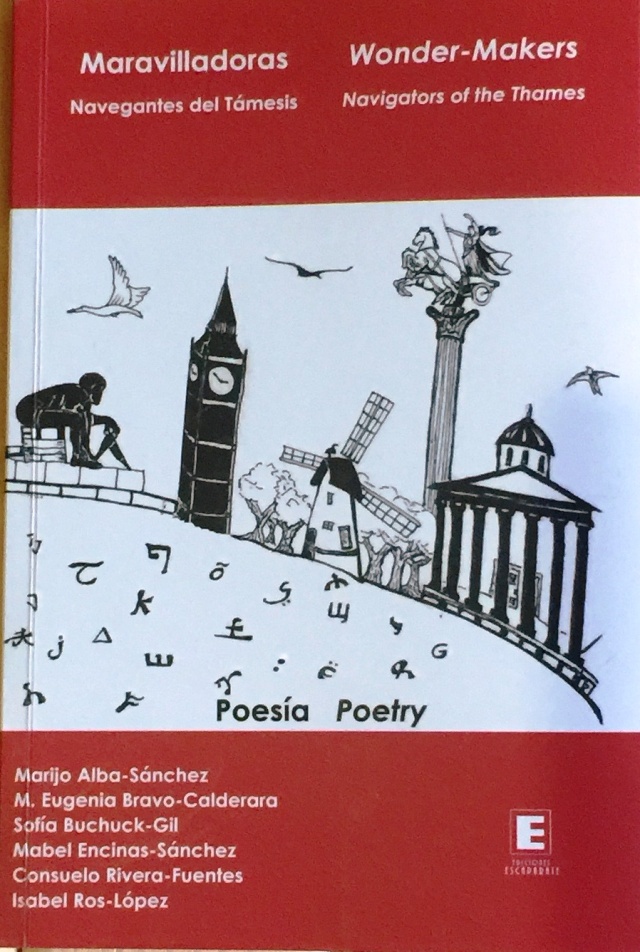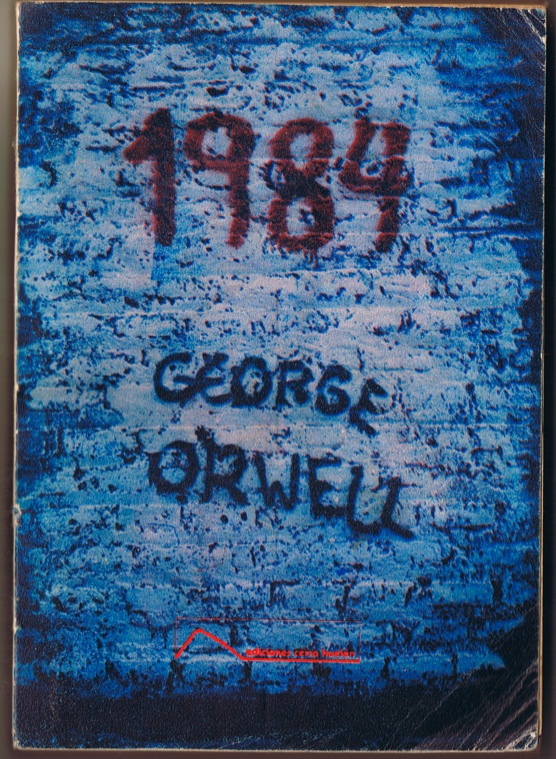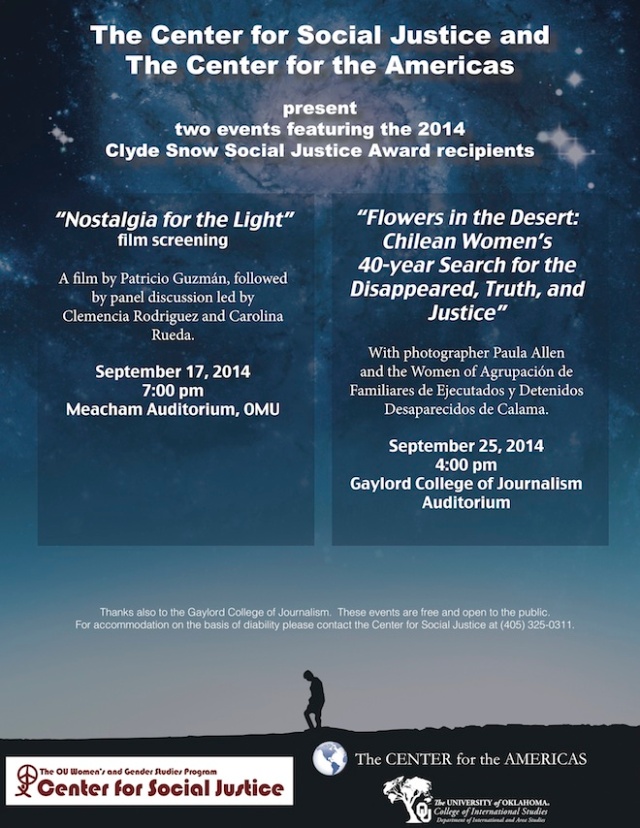

“Maybe I will come to Chile, but not before I learn Spanish. There is a Chile, Indiana, incidentally, not far from my birthplace. The locals pronounce it Shy-lie, and have no idea why some people smile at that.”
–from a letter by Kurt Vonnegut to Jose Donoso dated May 26, 1973
They met at the Iowa Writers Workshop in 1965 and began a friendship that would span decades. Jose Donoso was one of Chile’s best-known writers, part of Latin America’s late 20th century literary boom, and his novel, Coronation, had been published in English and received the William Faulkner Foundation Prize. All but one of Vonnegut’s books were now out of print and he was struggling to support his family while working on what he called “the Dresden novel” about his experiences as a prisoner of war during the Allied bombing of the German city in 1945. While Vonnegut agonized over the future Slaughterhouse Five manuscript, Donoso was trying to write the novel considered to be his masterpiece, The Obscene Bird of Night. The two writers shared an appreciation for the absurd, and social satire was a common element in their work. Their wives, Jane and Maria Pilar, became close friends, and decades later Maria Pilar would be at Jane’s bedside when she passed away.
Suzanne McConnell, who studied under both writers, recalled a party at the Vonneguts’ home, which happened to be next door to where she lived. Vonnegut was dancing with Maria Pilar and seemed enthralled by her graceful moves. Vonnegut was casual and down-to-earth in his demeanor, while Donoso was much more formal and serious.
This blogger once met Jose Donoso at a reception held at the British Embassy in Santiago. I told him how much I had enjoyed his work, Sueños de mala muerte, (which translates roughly as “miserable dreams”) a play about the frustrated lives of residents in a Santiago boarding house. He thanked me in unaccented American English and I asked him about something I had read in one of Kurt Vonnegut’s essays: when the two of them were at the Iowa Writers Workshop, and met Nelson Algren, author of The Man with the Golden Arm, Algren blurted out, “I think it would be nice to come from a country so long and narrow.” Donoso smiled at me and nodded, but would not divulge anything else about his fellow writers.
A collection of letters from Vonnegut to his Chilean friend archived at the Princeton University library reveals a deep and supportive literary friendship. In a letter dated October 22, 1967, Vonnegut writes from Helsinki, a stop on a multi-city tour of Europe he undertook as research for Slaughterhouse-Five. He is accompanied by an army buddy who had been with Vonnegut in Dresden, but the trip had not gone very well and the two had been been “royally hosed by a communist travel agency.” The travel agency had sold them train tickets and hotel accommodation for a six-day trip from Berlin to Warsaw to Leningrad, but when the two men attempted to board a train, the travel vouchers proved to be worthless.
“We tried to get our money back, and they laughed and told us to take a flying f— at the moon,” Vonnegut wrote. “Which we more or less did.” He and his army buddy then took flights to Hamburg and then to Helsinki, a possible entry point for Russia.
“English doesn’t work here. Neither does French or German,” he wrote to Donoso. but Vonnegut’s travel frustrations were not weighing on his mind as much as the fact that Donoso had written to say he was giving up trying to finish The Obscene Bird of Night, the novel he had been struggling with for ten years.
“I find this intolerable and absurd: Donoso should not abandon Donoso. Why despise yourself ten years ago? I am certain that man was a charming writer, too, as much entitled to a hearing as you are.
“I will ask a crude question: Do you need an ending? If so, let’s make one up, immediately as a crass favour to the man you used to be. Let us be his literary executors. Has he said enough in the thousand pages (great God!) to permit us to end in the middle of a sentence? You simply must have an outsider read what you have done.” Donoso must have taken his friend’s words to heart, for the novel was finally published in 1970, the year after Slaughterhouse-Five, bringing both authors critical acclaim. An English translation of The Obscene Bird of Night was published by Alfred A. Knopf in 1973, and included in literary critic Harold Bloom’s The Western Cannon, a survey of major works of literature.
The book’s title comes from Henry James, who wrote in a letter: “The natural inheritance of everyone who is capable of spiritual life is an unsubdued forest where the wolf howls and the obscene bird of night chatters.” The novel is the hallucinatory tale of a man born with deformities, the last surviving member of an old Chilean aristocratic family, who is housed with others like him. The text draws upon folk traditions from Chiloe Island, off the southern coast of Chile. The New York Times described it as a “monstrous, miraculous novel.”
Another letter in the Princeton archive was written a few weeks after Chile’s brutal 1973 military coup. Vonnegut said he thought “how much the death of democracy must have hurt you and Maria Pilar. You must have lost friends.” His son-in-law, journalist Geraldo Rivera, had just come back from Santiago with smuggled films.
“There were bodies to be seen, shot during curfew, apparently, and left lying where they fell when the sun came up. Curiously, or maybe not so curiously, he interviewed several university students, who told him that the overthrow was a very good thing. They could scarcely say anything else. I guess. And Geraldo himself, a fierce democrat and closet Marxist, has concluded that the elected government was out of control, was a disaster in its own right. I am persuaded that it is now impossible to govern well almost anywhere, and that national tragedies come and go of their own will, like thunderstorms. This makes endurance the most useful human skill.”
Vonnegut’s divorce from his wife may have complicated their relationship, but the friendship endured. Donoso and Maria Pilar attended Jane Vonnegut’s funeral in 1987 and in a subsequent letter Vonnegut mentioned the good conversations he had had with both of them during this visit. “At least we did not waste time talking about lightweight things.”
Donoso died in Santiago in 1997 and Vonnegut a decade later. Sadly, Vonnegut never managed to get to Chile.







